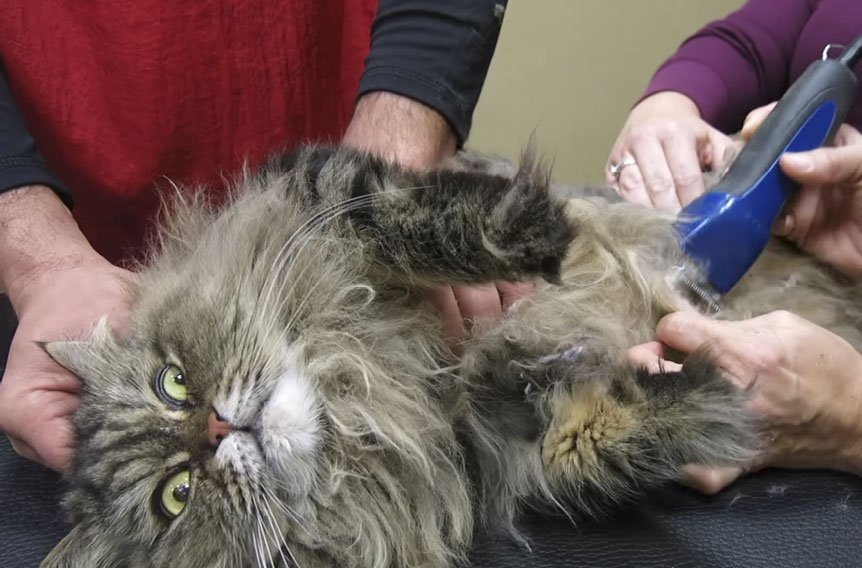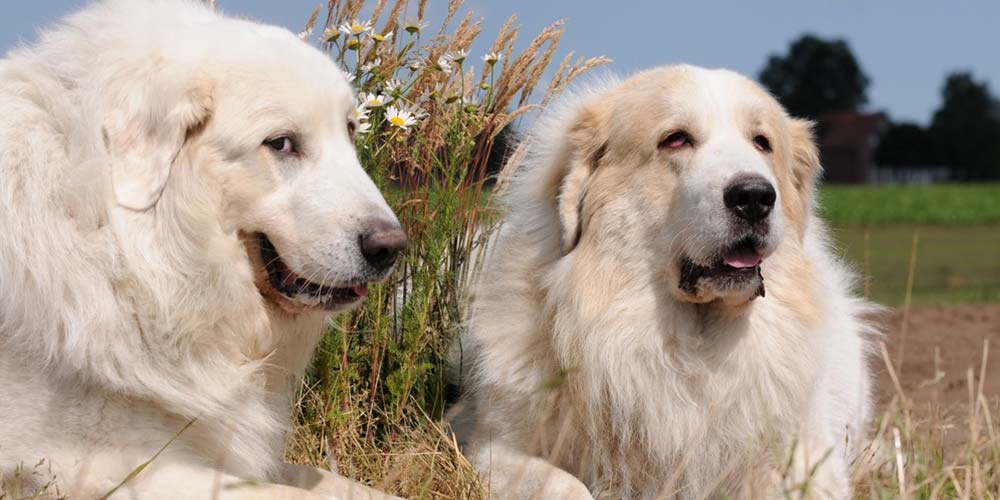Schnauzers are a dog breed that requires quite extensive grooming. Grooming their coats ensures that your dog remains healthy and hygienic. They have extremely thick coats that can grow very tall if not groomed regularly. They become prone to diseases if left ungroomed and become more susceptible to fleas and ticks. Hence finding clippers that […]
How to Groom a Maltese: Hair, Ear, Nail, Style, Tools & More
If you are looking for a small pet with a pleasant personality and playful nature, the Maltese will make a brilliant companion. Maltese are beautiful, small yet attentive dogs usually covered in thick, white fur. They weigh around 6 pounds, and their coats are silky, smooth, and flat over the sides, touching the ground gracefully. […]
5 Best Clippers For Cats With Mats Reviews [2024]
How annoyed would you be with tangled hair all the time? Now imagine how annoyed your cat must be with all those mats in her fur! Matted fur can be a real pain to get rid of. You have to be extra careful as you might hurt your cat or cut her. The worst part […]
Top 10 Best Clipper for Maltese (Buying Guide)
Are you one of those Maltese owners who are having a hard time grooming their pets? Maybe you are using the wrong tool. In grooming your pet Maltese washing their hair is not enough. They will need some sort of trimming. One of the tools you need is a clipper. Dog’s hair varies; some are […]
Poodle Grooming – Ultimate Guide: Head to Tail, Style, Tools & More
Witnessing the oh-so-cute stare and wavy fur, just like a teddy bear’s, you could not resist but adopt the Poodle pup. Still, you cannot help but wonder how to groom a poodle? Will it be costly, or can you groom the sugar plum yourself? Poodle pups have dense, wavy fur that turns curly when they […]
How to Groom Yorkshire Terrier: Ultimate Guide
Amongst the innumerable breeds of dogs, the Yorkshire Terrier is one of the most popular dog breeds. This particular breed of dogs falls in the top ten breeds of dogs in terms of popularity. And why won’t they be popular and so well-loved? Yorkshire Terriers lovingly referred to as Yorkies, are absolutely adorable! They’re small, […]
Australian Shepherd grooming – Ultimate Guide: Hair, Ear, Nail, Style, Tools & More
Quite possibly, everyone who loves dogs loves Australian shepherds. These dogs are not just super friendly with children and make excellent family pets, they are also super cuddly, adorable fluff balls of energy, very fun to be around. However, they are also very furry, which puts grooming and taking care of them in the higher […]
7 Best Dog Grooming Clippers For Doodles
The doodles are mixed breeds of dogs often crossbred with a poodle, such as the Labradoodle (Labrador retriever and poodle) and the Goldendoodle (golden retriever and poodle). Doodle dogs are not only so cute but they are also kind of a challenge to maintain their coats. Perhaps the most famous doodle is the labradoodle, which […]
7 Best Clippers for Great Pyrenees (2024 Reviewed)
Also known as the Pyrenean Mountain Dog, the Great Pyrenees is a double-coated dog that needs quite a lot of maintenance. They need their coat a lot during the winter and also in the summer for keeping them ventilated. While their coat is kind of weather-resistant, it is still important to keep them groomed well […]
7 Best Dog Clippers for Havanese [Reviews 2024]
The Havanese is an absolutely adorable dog breed that is best known for its long, showy coat. They tend to be silky and light in texture and they don’t shed as much, but they still need to be maintained. Most Havanese dogs have white or gray colors, as well as other mixes of shades. Because […]









